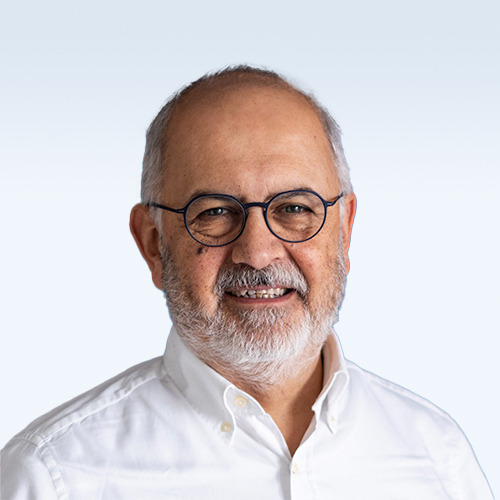
#EBW24 previews: State-of-the-art speaker for ‘Rare Diseases’
We are very pleased to confirm the state-of-the-art speaker for the panel session: ‘Rare Diseases’. Prof. Dr. Uğur Özbek from Izmir Biomedicine and Genome Center-IBG will be leading this session and we profile his biography and abstract here. The session takes place on Thursday 16 May 2024 as part of the EBW24 programme.
Prof. Dr. Uğur Özbek
Uğur Özbek, MD, PhD, graduated from Istanbul University, Cerrahpaşa Medical Faculty in 1986. He completed his PhD in Cancer Genetics at Istanbul University in 1995 and obtained specialisation in Medical Genetics in 2006. With research interests spanning childhood and adult hereditary cancers, hematological malignancies, and rare/undiagnosed diseases, Özbek has held various academic positions, including full Professor in Genetics since 2003. He established the Center for Rare and Undiagnosed Diseases at Acibadem University in 2017 and served as its director until 2023. Özbek currently chairs the Horizon2020 supported ERAChair project RAREBOOST at Izmir Biomedicine and Genome Center-IBG. As of 2024, he has an H-index of 37 with 230 publications in WoS and 5045 citations.
Abstract: Leveraging Collaborative Networks and Biobanking to Advance Rare Disease Research: The IBG Experience
Rare diseases present unique challenges in research due to their limited prevalence and complex nature. Izmir Biomedicine and Genome Center (IBG) has pioneered an innovative approach to enhance research capacity through national and international networking, complemented by biobanking initiatives. This abstract delineates the IBG’s experience in leveraging collaborative networks and biobanking to advance rare disease research, particularly through its Rare and Undiagnosed Diseases Platform (RUDiP), aligned with RareBoost ERAChair project aiming to expand the research capacity of IBG for Rare nad Undiagnosed Disease research capacity.
Key components of the IBG model involve deep phenotyping of rare diseases, encompassing clinical, genetic, cellular, and biochemical analyses. Access to patient material and clinical data is facilitated through collaborations with clinicians, patient organizations, and international rare disease networks like the Undiagnosed Disease Network International (UDNI). IBG’s partnership with UDNI has expedited diagnoses and advanced research efforts. The integration of multi-level clinical evaluations, genetics, epigenetics, and cellular approaches enables a comprehensive understanding of rare diseases.
Central to IBG’s approach is biobanking, which plays a crucial role in supporting rare disease research endeavors. Through its Biobank, IBG collects and stores patient material, including blood, tissue samples, and other body fluids, enabling researchers to access valuable resources for analysis. This facilitates the deep phenotyping of rare diseases and provides researchers with essential materials for genetic and biochemical studies. Moreover, IBG’s Biobank strengthens existing collaborations and establishes new national and international consortia, enhancing the research community’s access to rare disease samples.
The IBG model emphasizes the importance of biobanking in accelerating rare disease research by providing researchers with essential resources for diagnosis, biomarker discovery, and therapeutic development. By integrating biobanking with collaborative networks and multidisciplinary approaches, IBG aims to drive scientific advancements, improve patient outcomes, and foster long-term partnerships in the field of rare disease research.